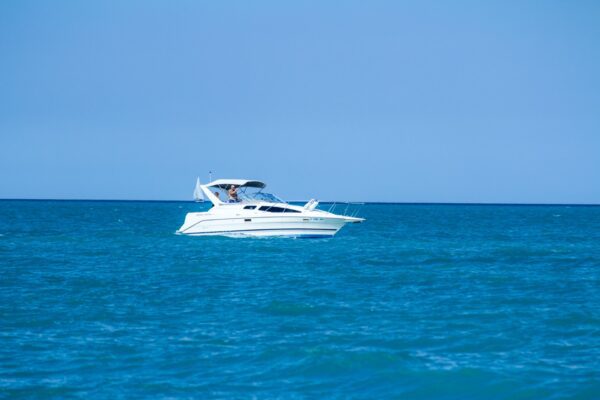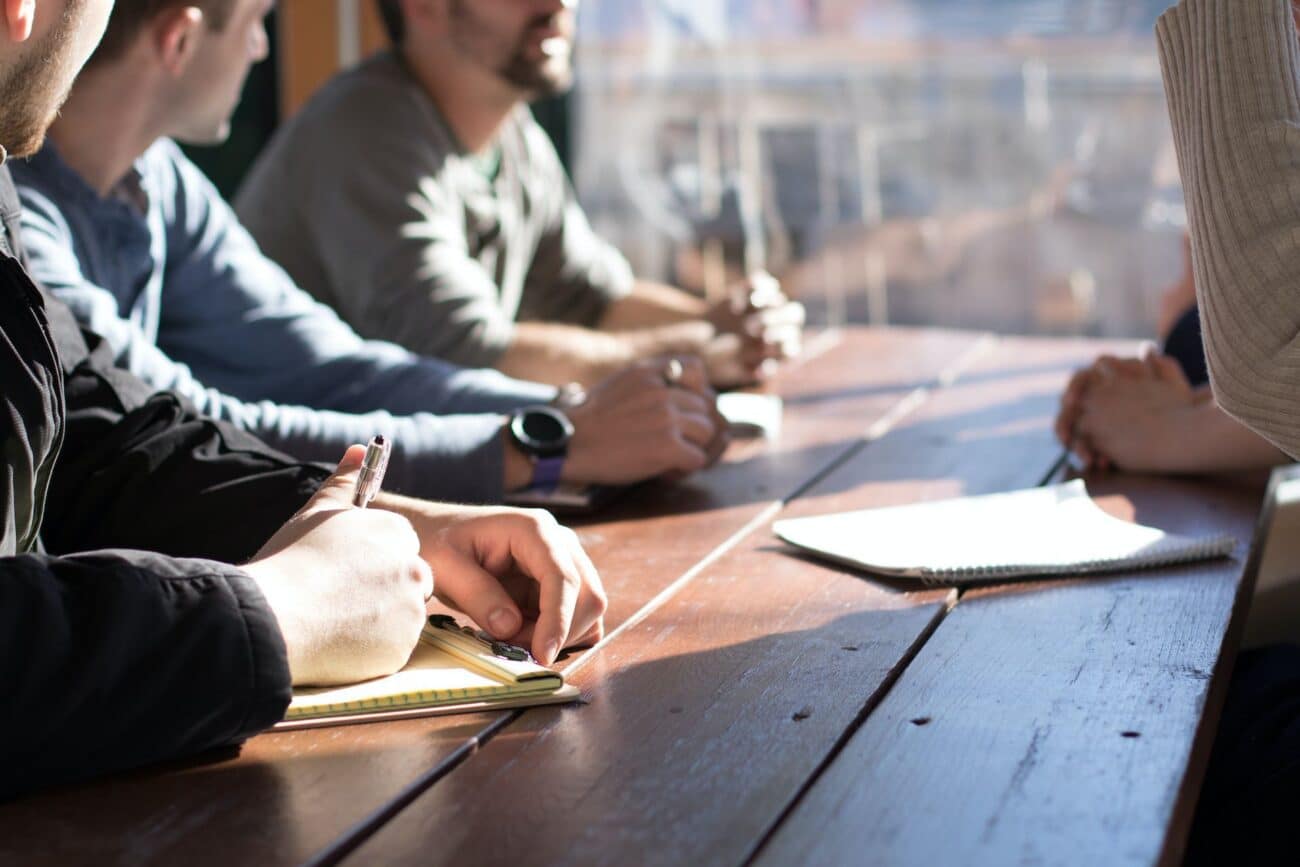
By the numbers, with its 6,000 lakes and ponds, 3,700 miles of coastline, and over 126,000 motorboat registrations, it’s no exaggeration that, in Maine, boating is a way of life. Visit any beach over the summer, at the coast, or on a lake, and you’ll likely see the waters filled with boaters. With so many boats on Maine waters, it is unfortunate that boating accidents will and do occur with regularity here.
If you are a victim of a boating accident, Maine’s boating accident lawyer team at Hardy, Wolf & Downing is prepared to help you receive the fair and just compensation you deserve for the injuries and damages you suffered while out on the water. Our experienced team of boating accident lawyers has decades of success pursuing lawsuits related to injuries sustained on Maine’s waterways.
Leading Causes of Boating and Personal Watercraft Accidents
Whether for recreation or commercial use, boating accidents can happen anytime. There are just as many types of boating accidents as there are boats and watercraft. In all instances, motorboat operators are obliged to protect their passengers. Due to their negligence, they can be held responsible for accidents and collisions—with other boats, objects in the water, docks, or bridge abutments.
- Captains and owners of charter boats and ferries are responsible for injuries related to crashes or injuries because of the decision to sail in rough seas.
- Operators of personal watercraft like jet skis and wave runners are responsible for swimmers, fixed objects, and other boaters.
- Slippery, rotted, or poorly maintained docks, a common cause of slip-and-fall accidents at marinas and public docks, are the responsibility of the marina owners.
- Faulty equipment on a boat or vessel that leads to injury may be the responsibility of the boat owner or manufacturer.
No matter the scenario, when boating accidents happen, it is likely due to operator inattention, inexperience, and alcohol, usually combined with excessive speed or failure to keep a proper lookout—operating a boat or watercraft recklessly or while intoxicated is a criminal offense.
Dangers of Operating a Watercraft Under the Influence
There is a good reason not to operate a boat while impaired by alcohol or drugs—impaired operation is the leading factor contributing to boating fatalities. Drunk, reckless boaters who cause accidents are liable to victims for any injuries caused. Boating accidents can result in serious injuries, including burns, broken bones, back, neck, or spinal injuries, head trauma, and, sadly, even death.


